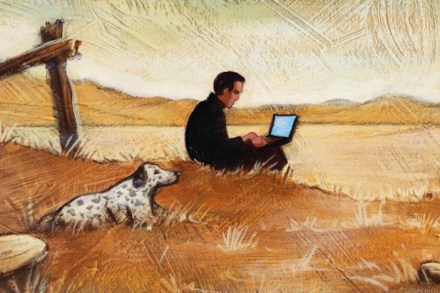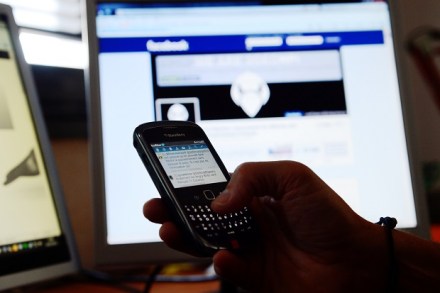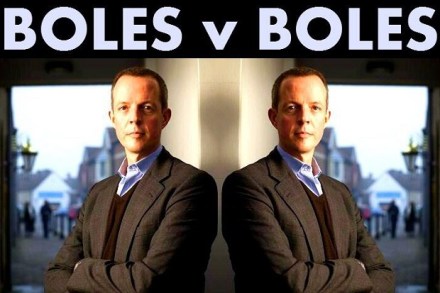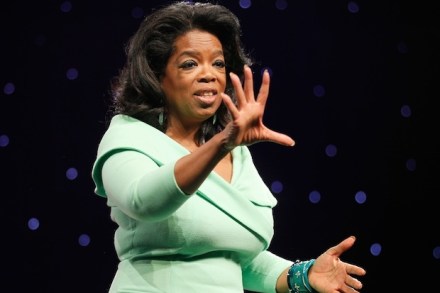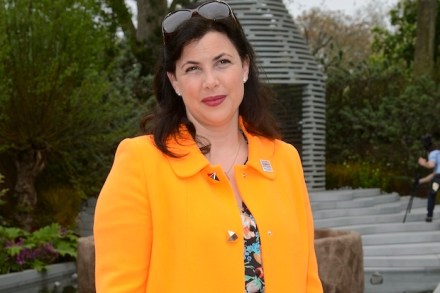Death brings out everyone’s inner Mary Whitehouse
Shortly after Bob Crow’s death was announced on Tuesday, Nigel Farage sent the following tweet: ‘Sad at the death of Bob Crow. I liked him and he also realised working-class people were having their chances damaged by the EU.’ Cue a predictable storm of Twitter outrage. Farage was attacked for trying to make political capital out of Crow’s death. The following tweet, from the ex-FT journalist Ben Fenton, was typical: ‘Bit off-key for @Nigel_Farage to link a tribute to Bob Crow to his own anti-EU rhetoric, I think.’ Now, some of those criticising Farage had a political axe to grind. They were claiming Farage had broken an unwritten rule that


